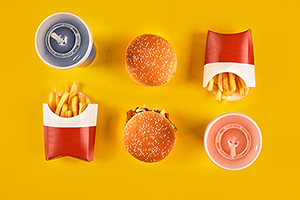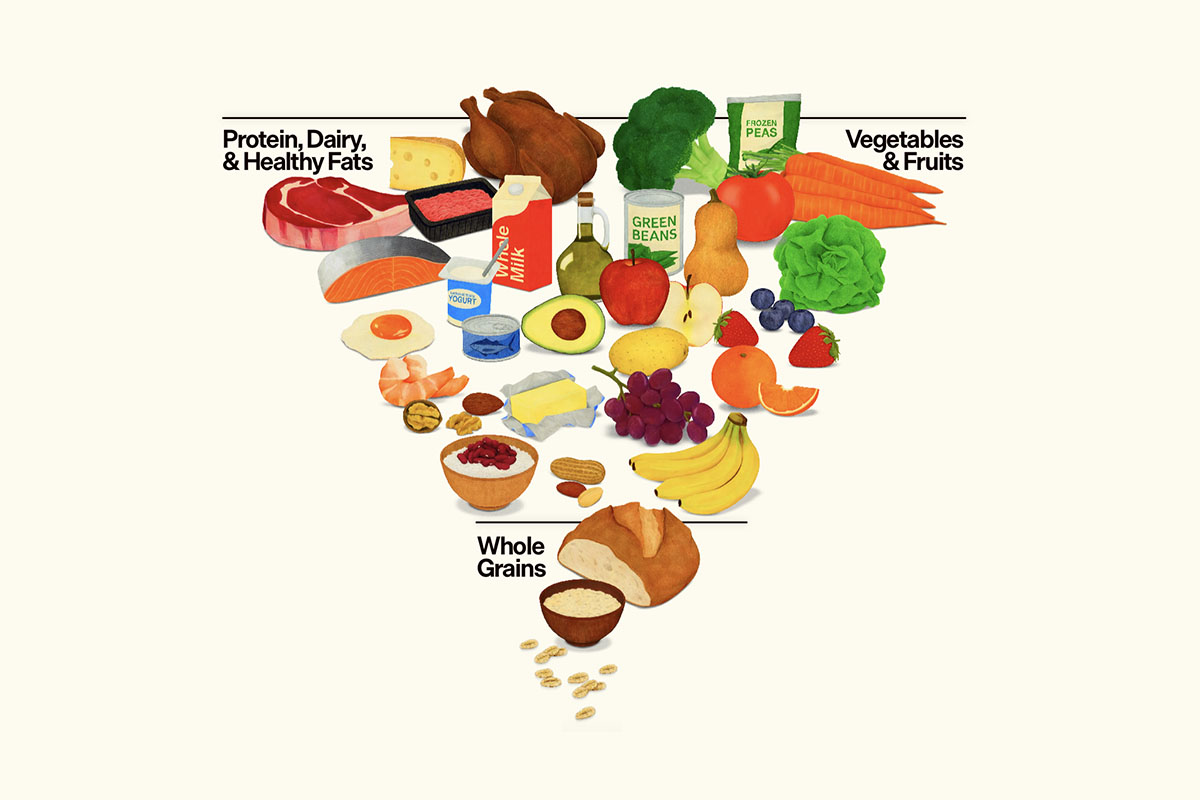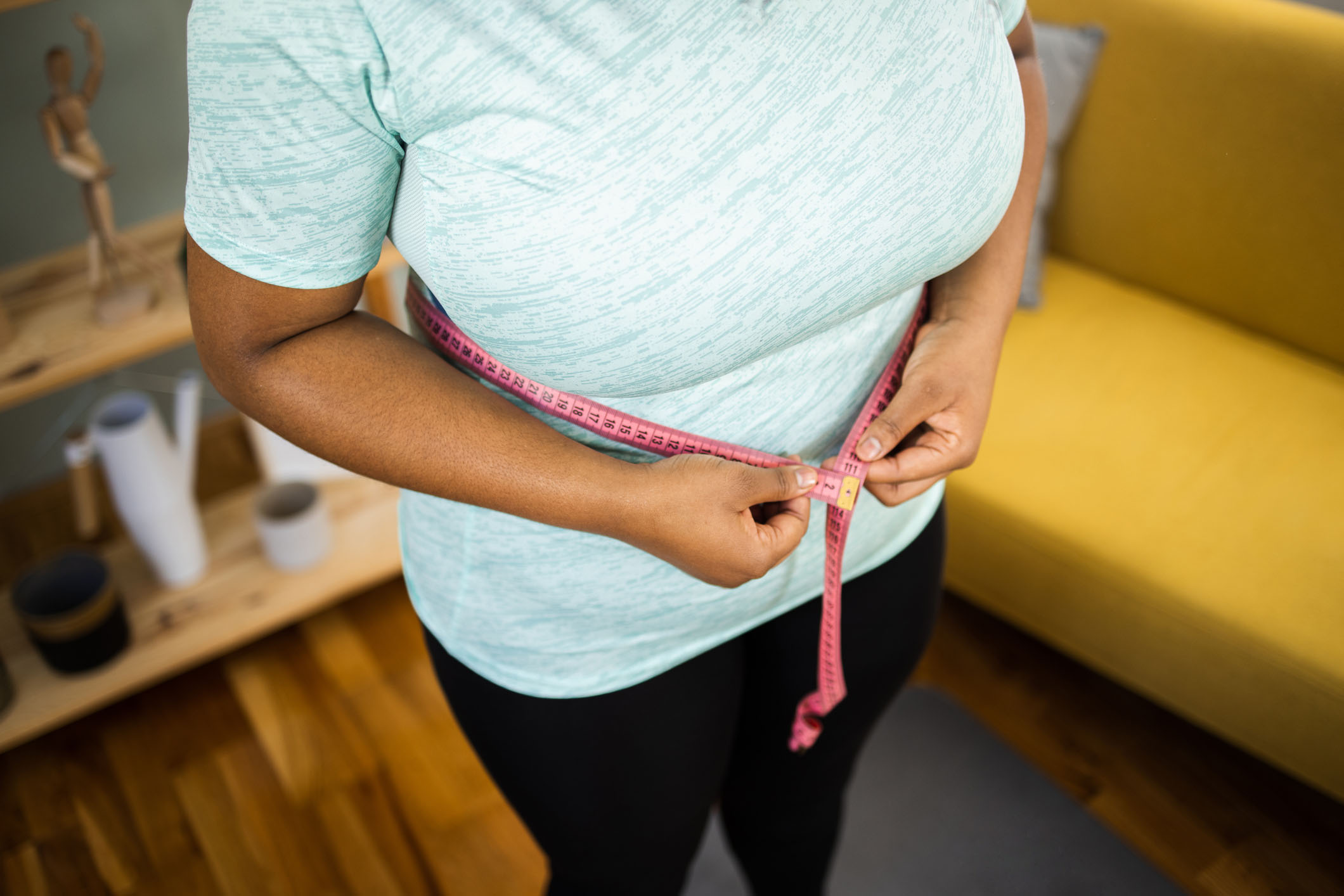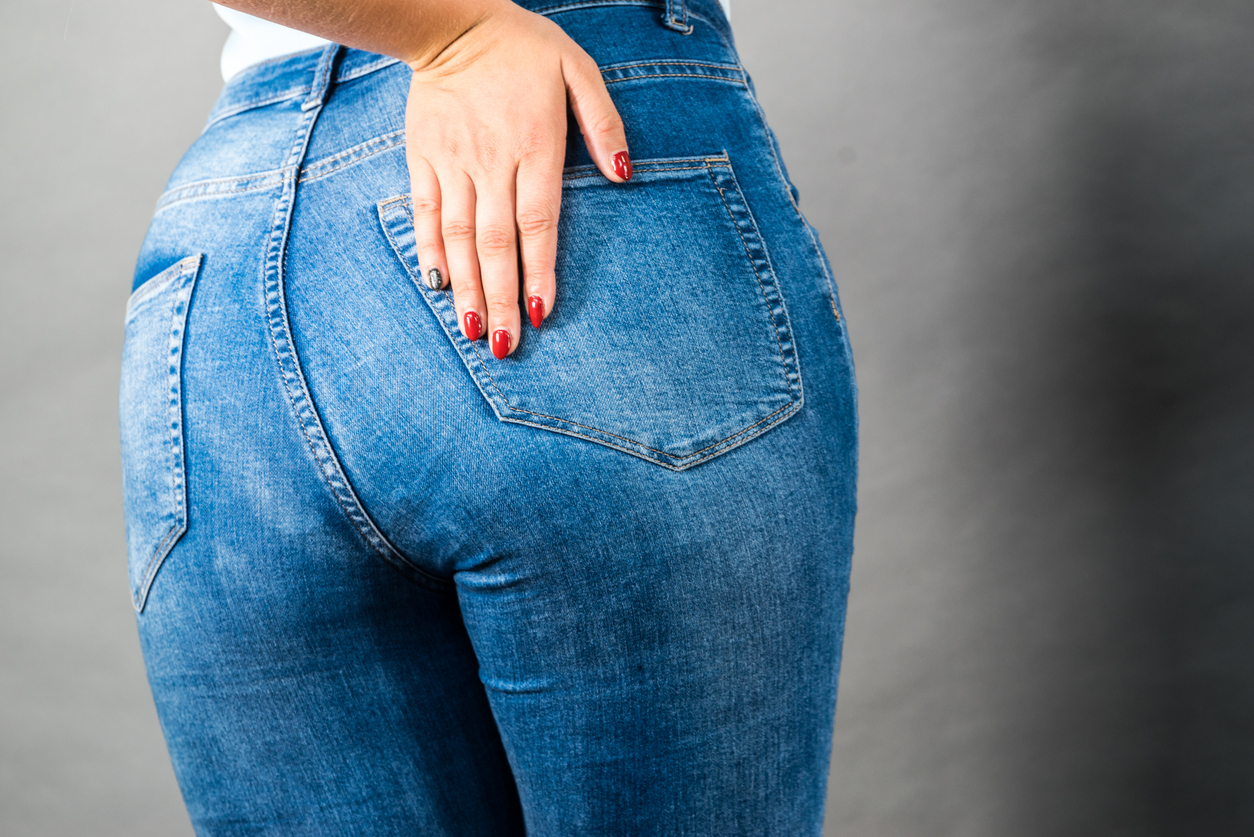Most of us nutrition aficionados recall Morgan Spurlock’s landmark 2004 documentary, Super Size Me. The film offered a humorous and engaging take-down of fast food. In the spirit of Gonzo Journalism, Spurlock turned himself into a human guinea pig, subjecting himself to a 30-day orgy of McDonald’s meals. He underwent a startling transformation: He gained 24 pounds, his cholesterol soared, he experienced intense mood swings, he developed heart palpitations and the shakes, his libido vanished, and he looked awful. But most alarmingly, his liver function tests went through the roof, prompting his supervising physician—a gastroenterologist—to warn him he was in imminent danger of fulminant liver failure. The New York Times film review was cleverly headlined “You Want Liver Failure with This?”
The documentary was a huge commercial success, grossing millions of dollars at the box office, and garnering an award at the Cannes Film Festival as well as an Academy Award nomination for Best Documentary Film.
Fast forward to 2017 and the “#MeToo” movement. It was revealed that Spurlock was a serial boundary-pusher, guilty of compulsive philandering and coercive sex. He issued a detailed mea culpa, “I Am Part of the Problem”.
While reflecting badly on Spurlock’s character, this admission does not necessarily disqualify him as an intrepid investigative journalist. But this line from his confession entirely negates the premise of his health reportage:
By way of rationalizing his erratic behavior, Spurlock admits “Or is it because I’ve consistently been drinking since the age of 13? I haven’t been sober for more than a week in 30 years…” Lately, he’s said to have undergone alcohol rehab.
The liver problem Spurlock experienced while on his McDonald’s binge is called NASH—non-alcoholic steatohepatitis. Commonly referred to as “fatty liver,” it’s a form of liver disease characterized by liver enlargement and fat deposition. It has been estimated to affect, at least to some degree, up to 40% of Americans. Unchecked, it can lead to cirrhosis and liver failure, necessitating liver transplantation.
NASH has superseded alcoholism as the number one cause of liver disease in the U.S. And it’s commonly acknowledged to be nutritional, which is why Super Size Me seemed so plausible.
But NASH is, by definition, the result of food, not booze, which undermines Spurlock’s claim that a mere 30 days of eating fast food in and of itself could produce such a radical transformation.
Super Size Me has been widely appropriated as an indictment of the evils of meat and saturated fat. In fact, in the wake of his experiment, Spurlock claims to have spent 14 months normalizing his weight and regaining his health under the tutelage of his then-girlfriend, a vegan health counselor.
But despite its moniker “fatty liver”, there’s some doubt that dietary fat is the sole, or even main culprit in NASH.
Spurlock’s documentary prompted a backlash. In an effort to refute Super Size Me, several lesser-known subsequent documentaries have attempted to exonerate meat and saturated fat. Soso Whorley recorded a 2007 Youtube chronicle of her 30-day McDonald’s immersion: Me and Mickey D. She lost weight, and even improved her cholesterol numbers.
But unlike Spurlock, who force-fed himself 5000 calories per day and eschewed exercise for a month, she kept herself to a moderate 2000 calories per day, and maintained a regimen of physical activity.
I recently interviewed Tom Naughton whose movie Fathead is a deliberate rebuttal to Spurlock’s Super Size Me, which Naughton feels mischaracterizes the problem with fast food: It’s not the saturated fat, it’s all the refined carbohydrates, including a massive assault from high fructose corn syrup.
And all this before any of Spurlock’s many critics had the benefit of knowing about his drinking problem!
So which is it? Does Spurlock’s boozing completely invalidate his conclusions about the adverse effects of excess fast food? Is saturated fat really off the hook as a trigger of hepatic problems? Will the current trend toward ultra low-carb and ketogenic diets stoke or stem the current U.S. epidemic of fatty liver?
I tackle some of these questions in a recent Clinical Focus podcast. I also interviewed Dr. Robert Rountree on strategies for combatting fatty liver.
Here are some highlights of what remains a hotly-contested nutritional debate: WebMD recently published an article luridly entitled “Even One High-Fat Meal Can Damage Your Liver”. The story references a study in which human subjects received a large oral challenge with saturated fat (palm oil), said to resemble the effects of ingestion of a meal rich in saturated fat, e.g., an 8-slice pepperoni pizza or a meal consisting of a 110 gram cheeseburger and a large portion of French fries; they experienced rapid and marked deterioration in their insulin sensitivity, a predictor of fat accumulation in the liver.
But other studies substantiate the benefits of very low carb or even ketogenic diets in staving off fatty liver. One pilot study, entitled “The effect of a low-carbohydrate, ketogenic diet on nonalcoholic fatty liver disease” demonstrated that “six months of a low-carbohydrate, ketogenic diet led to significant weight loss and histologic improvement of fatty liver disease.” Liver biopsies showed reductions in inflammation, fibrosis, and fat accumulation.
Another pilot study, “The Effect of the Spanish Ketogenic Mediterranean Diet on Nonalcoholic Fatty Liver Disease”, showed a complete resolution of fatty liver in 21.4% of the patients, and an overall reduction in 92.86% of the patients.
Amidst the controversy, what conclusions can be drawn?
- Don’t drink, especially if you’ve been diagnosed with fatty liver.
- Avoid excess calories, whatever the source, be it fat, carbohydrates, or even protein.
- Maintain optimal weight.
- Exercise to mitigate the effects of diet.
- Ditch the refined carbohydrates, especially soda beverages, which are loaded with high fructose corn syrup, a sugar that’s been strongly implicated with NASH.
- Consume lots of fiber, which promotes a healthy microbiome.
- Drink black coffee, which aids with liver detoxification.
- Minimize dependency on medications that hamper hepatic metabolism.
- Delete synthetic, chemicalized junk from your diet.
And maybe I should add: Be wary of dietary advice from a show-boating documentary filmmaker with a Fu Manchu!








